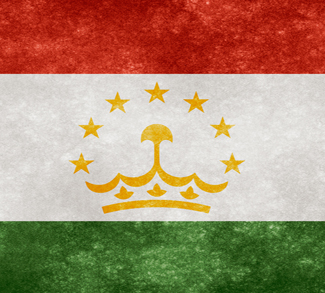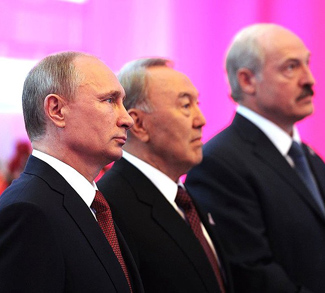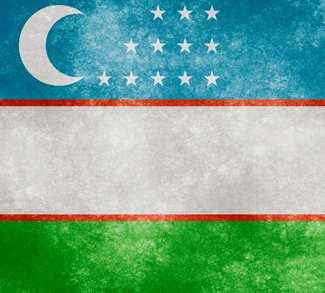Summary
Russia and China are vying for economic and political influence in Central Asia, and Tajikistan has become a testing ground for their indirect economic and military competition. Yet much like other Central Asia states, Tajikistan has opted for a triangular relationship – not aligning itself too close with one or the other major powers in the region. Despite intensive cooperation with both Russia and China in several important areas, Tajikistan will stop short of entering into China’s exclusive orbit, and it will keep Moscow at a safe distance by abstaining from joining Russia-led Eurasian Economic Union (EEU).
Background
China’s Interests
China’s interests in Tajikistan stem from the latter’s geographic position. The country borders on an unstable Afghanistan and shares a common frontier with Uzbekistan – the centerpiece of Beijing’s Central Asia strategy. In light of the perennial threat of instability spilling over from Afghanistan into the Central Asian region, Beijing’s policy has been to support Tajikistan by boosting its military and security forces.
Another reason for China’s interests in and around Tajikistan has been the separatist movement in Xinjiang. Indeed, Beijing has reasons to be concerned as Xinjiang remains a problem and Central Asian fighters are returning home from the Middle East. There already were signs of deeper problems when in August 2016 a Uighur national ran a car into the Chinese embassy in Bishkek, Kyrgyzstan, before it exploded leaving several people injured.




